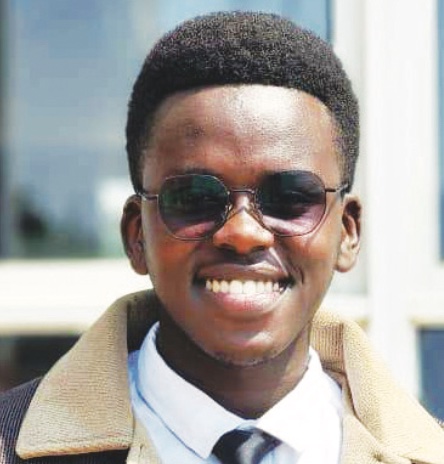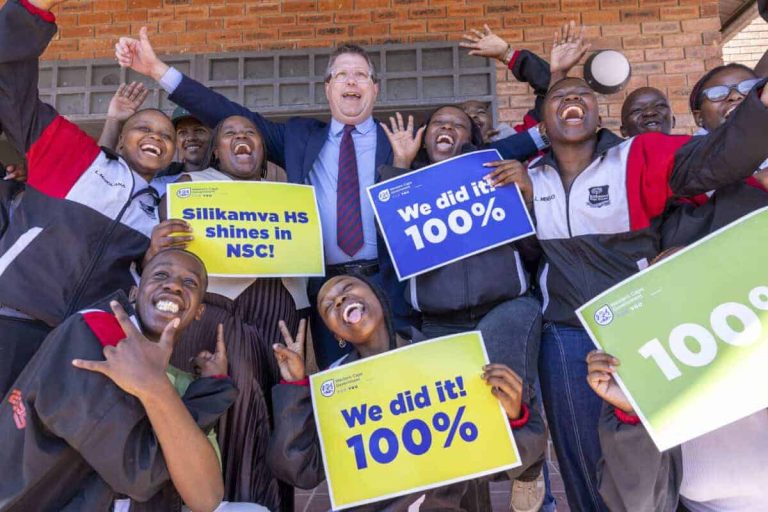
Screenshot
 Uganda faces a growing cancer crisis, with more than 36,000 new cases reported each year and more than 28,000 deaths occurring within the year of diagnosis, according to Dr. Jackson Orem, the executive director of the Uganda Cancer Institute (UCI).
Uganda faces a growing cancer crisis, with more than 36,000 new cases reported each year and more than 28,000 deaths occurring within the year of diagnosis, according to Dr. Jackson Orem, the executive director of the Uganda Cancer Institute (UCI).
The Institute continues to operate on an annual budget allocation of Shs 120 billion, which is just 24 per cent of the Shs 500 billion required for effective operation. If such a devastating death toll and surge in cases are not treated as a national emergency, one must ask — who will rescue the people?
My own father succumbed to Leukaemia (May his soul rest in peace) in October last year. I remember vividly how straining it was for us as a family, both financially and psychologically.
To anyone who has ever stepped into a cancer unit, you understand what real pain looks like. It still haunts me today; I often wish I could have done more, but I was only a boy. The social contract we hold with our government demands that matters of urgency receive the attention they deserve.
When thousands of citizens die, the number “28,000” should not be treated as mere zeros on paper; they represent real people, real lives lost. Unless those in power consider citizens to be of zero value, there can be no justification for the state’s current inaction.
Cancer treatment remains one of the most expensive forms of healthcare, and yet the majority of Ugandans live on less than a dollar a day. Expecting them to shoulder these treatment costs is akin to sending them to dig their own graves, since the odds are stacked hopelessly against them.
Recently, Parliament debated the procurement of a Positron Emission Tomography (PET) scan, an essential machine that detects early signs of cancer, heart disease, and brain conditions.
Yet, many people die because their cancer is often detected when it’s already in its final stage. This machine is therefore more than a necessity; it’s a lifeline. However, the delay in its procurement revealed shocking irregularities, inflated budgets, and bureaucratic inefficiency.
It is sickening that we seem intent on exploiting every public need for personal gain. We are often told that the state is poor, yet we somehow find the money to fund endless, questionable projects such as the Lubowa Hospital, and even enough to embezzle.
We seem to be giants in corruption but dwarfs in prioritizing the right to health of our people. In CEHURD, Prof. Ben Twinomugisha, Rhoda Kukiriza, and Inziku Valente v. Attorney General [Constitutional Petition No. 16 of 2011], the Constitutional Court emphasized the need for the state to uphold the right to health.
Yet little has changed. The court had initially dismissed the petition on the ground that it raised a “political question” beyond its purview – an absurdity, considering that the Constitution itself mandates the protection of life and dignity.
Sadly, our courts often shield the state rather than defend the people from whom they derive their power — but that discussion is for another day. Among the most prevalent cancers in Uganda, cervical cancer and breast cancer account for more than 19 per cent and 8.3 per cent of total cases respectively, meaning that women are still the most affected.
It is commendable that cancer treatment units have been expanded beyond Kampala to Gulu, Mbarara, Mbale, Arua, and even Mayuge district for rural outreach. However, the success of this expansion depends on adequate equipment, staffing, and maintenance.
When we speak of the cancer crisis, we speak of a reality that could strike any one of us, or someone we love. No one is safe. That is why awareness is equally crucial, so that people feel encouraged to seek screening and early diagnosis.
But before they step into those hospitals, there should be a guarantee of survival and not despair. Today, a cancer diagnosis in Uganda often feels like a death sentence, and people turn to prayer, not medicine, for there is little hope in the system.
If those managing and directing the financial and policy apparatus of our nation had been more attentive, perhaps many would not be orphans, widows, or widowers today.
Perhaps we would be closer to achieving the set targets in the global fight against cancer in the areas of research, prevention, and treatment. Maybe, just maybe. But if not now, then when?
To the doctors who continue to treat patients under terrible conditions, kudos. You are not thanked, nor paid, enough.
The writer is a law student and activist.



